Reading
Day 1: Proverbs 5:1-7:27
Day 2: Proverbs 8:1-10:32
Day 3: Proverbs 11:1-13:25
Day 4: Proverbs 14:1-16:33
Day 5: Proverbs 17:1-19:29
Day 6: Proverbs 20:1-22:16
Day 7: Proverbs 22:17-24:34
Preview
Hard Questions
- (Prov. 5-7) Why so much talk about immoral women? It’s interesting; Solomon’s writing this, and his audience, as stated in chapter 1, is primarily young men—for this he addresses various discourses to “my son.” He’s aware of how many temptations are out there on the street, and especially how a wealthy young man can seem like prey. Interestingly, in this culture, we see him urging a young man toward sexual self control and satisfaction with the wife of his youth. Solomon exposes both the methods and motives of the immoral woman and calls the young man to walk in wisdom—not to let himself be flattered but to consider the evil motives and the terrible consequences of sexual immorality.
- (Prov. 8-9) Wisdom personified as a woman? What’s going on? Some people interpret these passages as Wisdom—chokma—being some kind of goddess or leftover from earlier Israelite polytheism. I would suggest that maybe they’re not very good at metaphors, or that it’s perhaps a cultural and historical chauvinism, and they assume that people three thousand years ago weren’t good at metaphors, which is also pretty ignorant.
- How do we interpret proverbs? Ex., Prov.22:6, “Train up a child in the way he should go, and when he is old he will not depart from it.” Does this mean that, if my kid doesn’t go right as an adult, I didn’t train him up the right way?
- A note on Prov. 9:8-9, 15:31-33. The difference between a wise person and a fool is not that the wise person never makes mistakes (and thus does not need rebuking, which is what we often go for); it’s the response when they both need a rebuke! A wise person gets rebuked—and loves the person who corrects him or her.
- Why does the reading at this point only go up to Proverbs 24? Proverbs 25 is the beginning of the proverbs that Hezekiah’s people compiled (at a later time in Israel’s history, the nation experiences a revival under Hezekiah, with the result that they go back and restore scriptures that hadn’t been protected. They restore part of Proverbs and collect quite a few Psalms). Additionally, these Proverbs come from more than one source—Agur, son of Jakeh (Prov. 30), and Lemuel (Prov. 31), who traditionally has been assumed to be Solomon.
Review
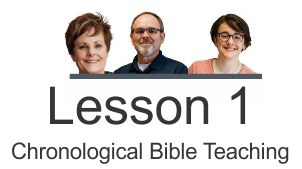
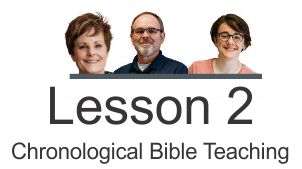
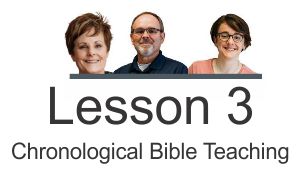
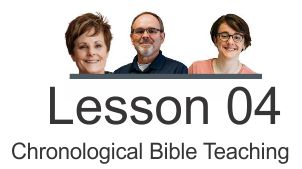
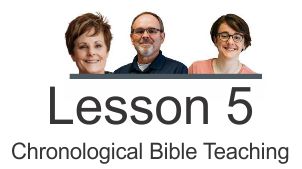
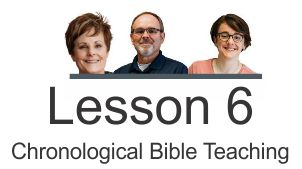
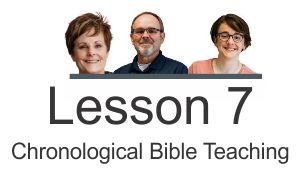
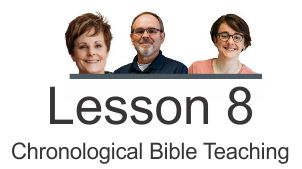
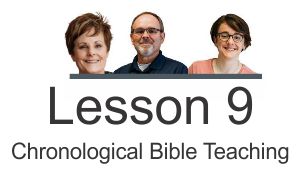
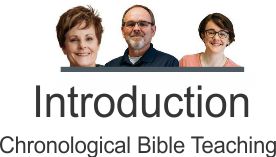
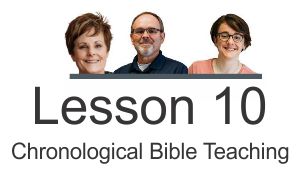
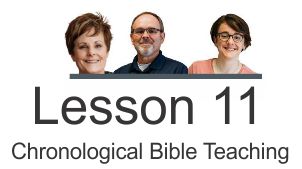
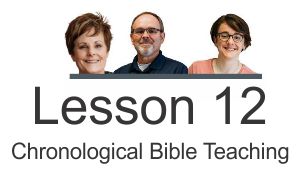
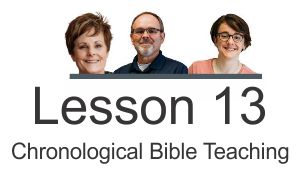
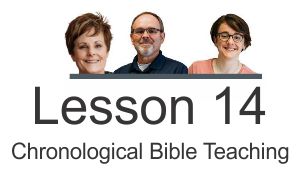
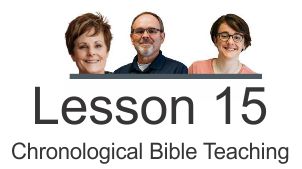
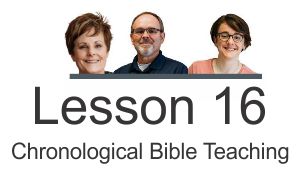
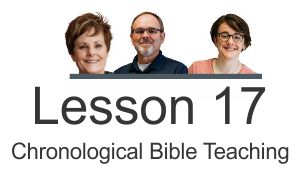
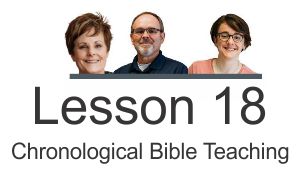
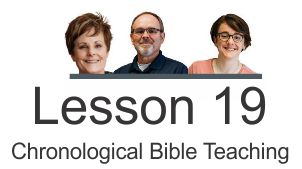
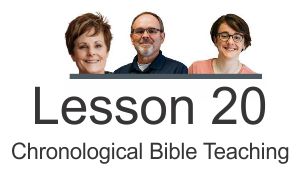
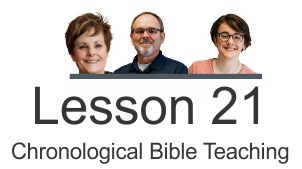
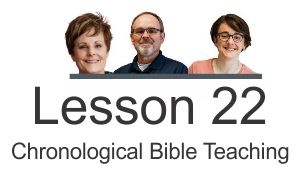
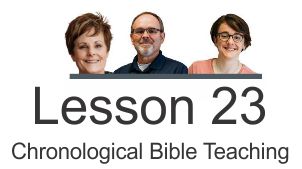
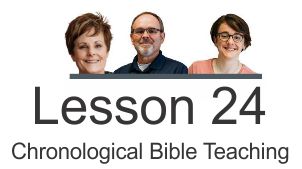
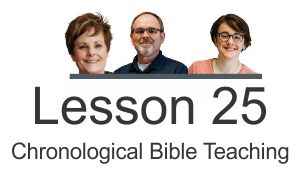
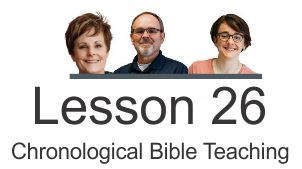
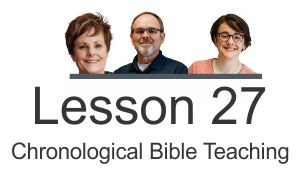
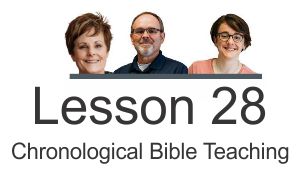
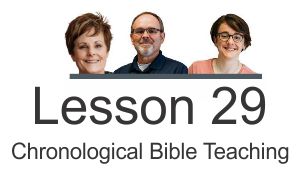
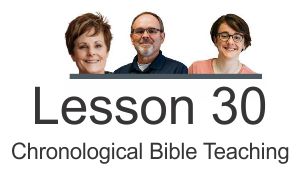
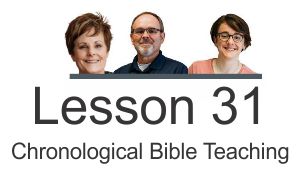
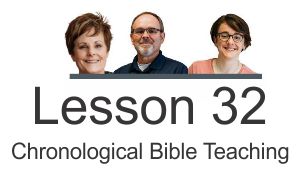
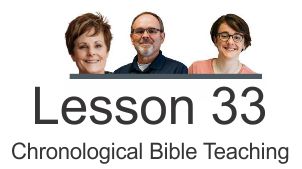
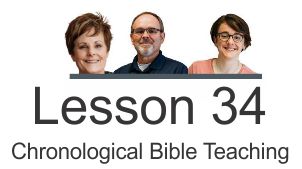
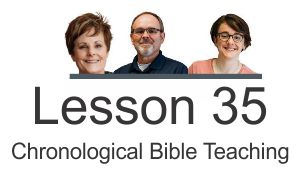
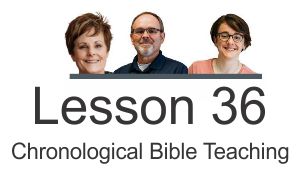
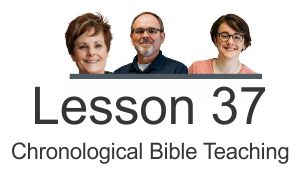
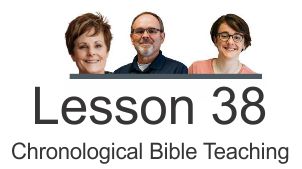
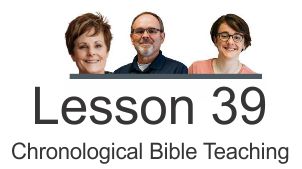
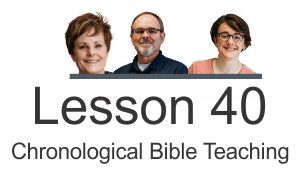
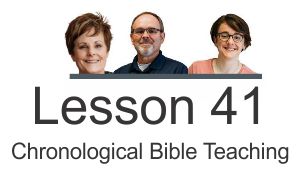
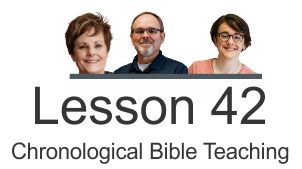
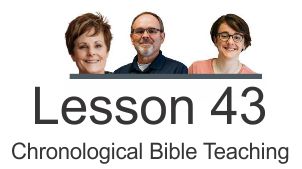
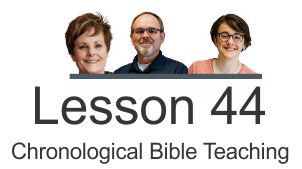
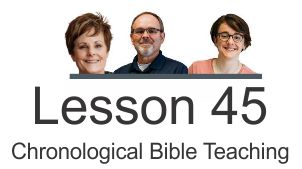
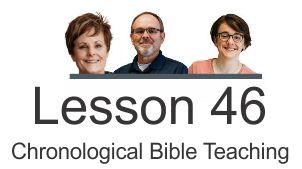
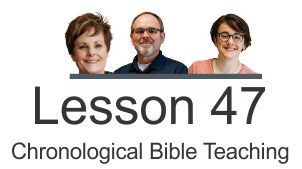
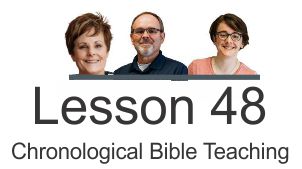
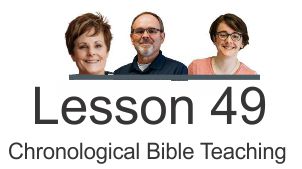
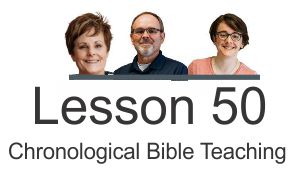
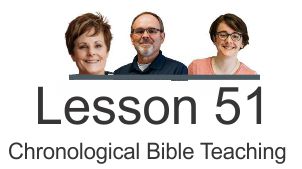
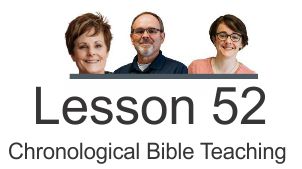
Page Discussion
Membership is required to comment. Membership is free of charge and available to everyone over the age of 16. Just click SignUp, or make a comment below. You will need a user name and a password. The system will automatically send a code to your email address. It should arrive in a few minutes. Enter the code, and you are finished.
Members who post adverts or use inappropriate language or make disrespectful comments will have their membership removed and be barred from the site. By becoming a member you agree to our Terms of Use and our Privacy, Cookies & Ad Policies. Remember that we will never, under any circumstances, sell or give your email address or private information to anyone unless required by law. Please keep your comments on topic. Thanks!